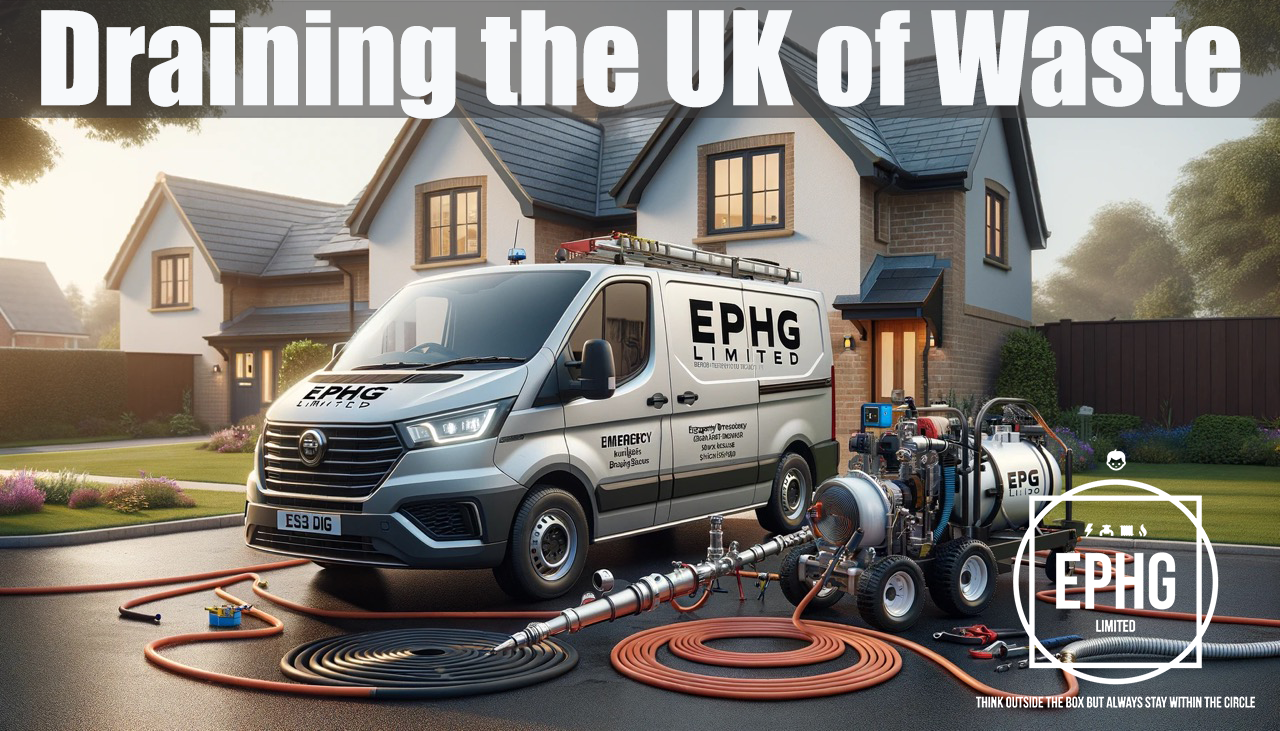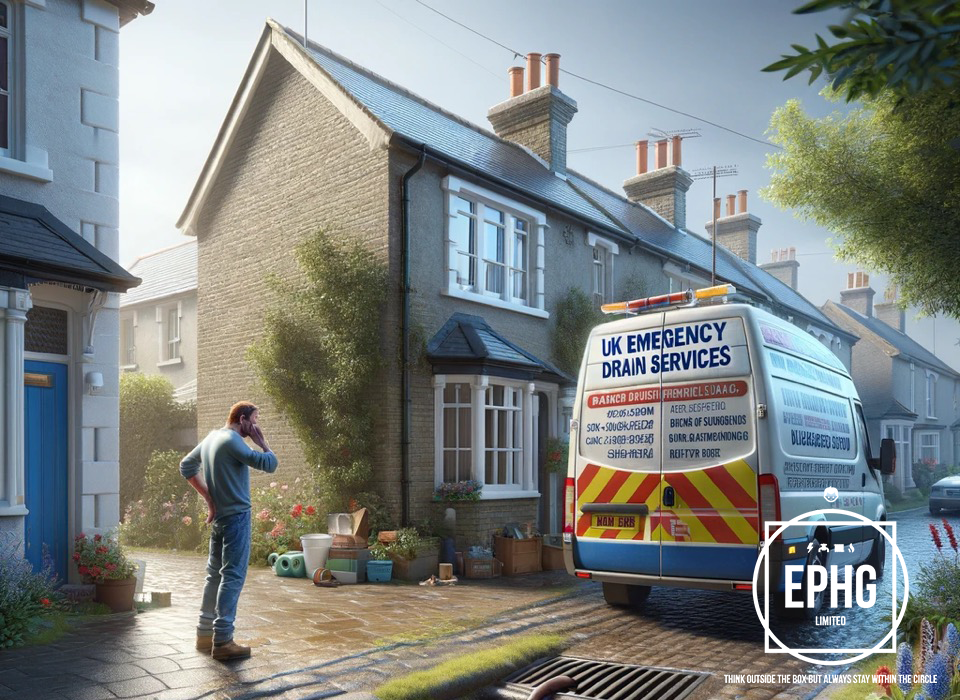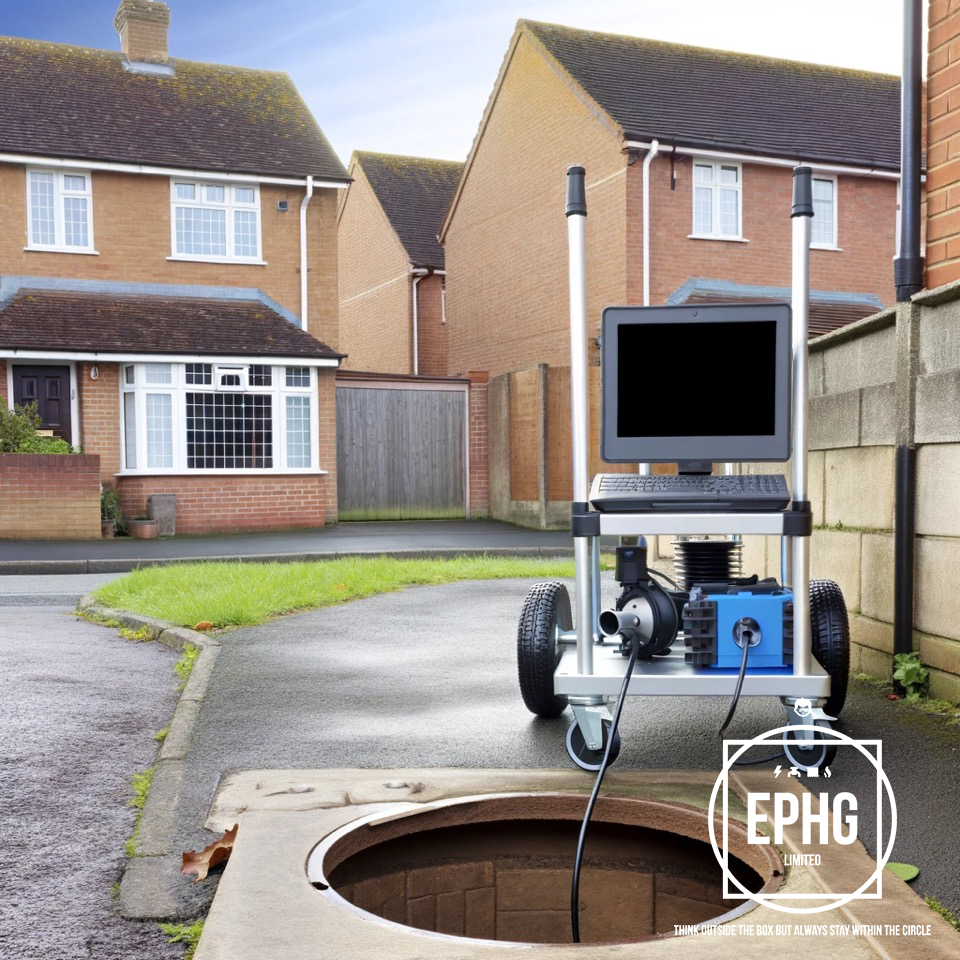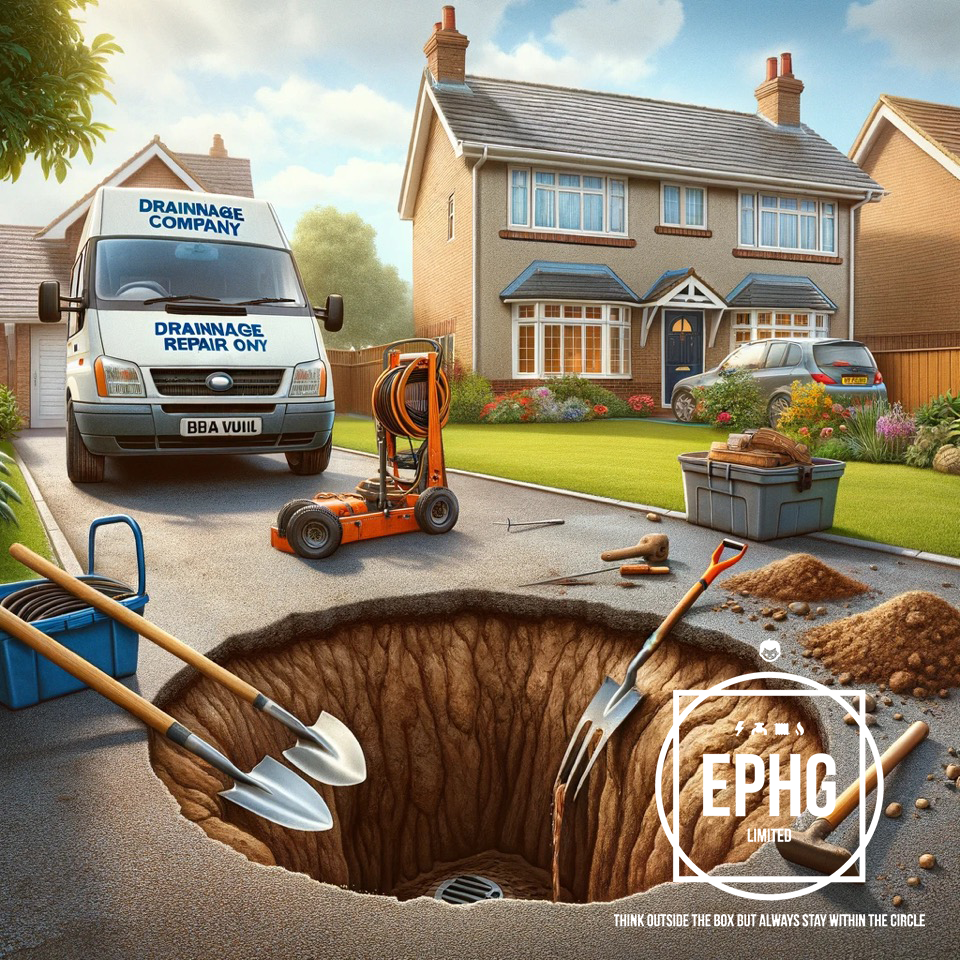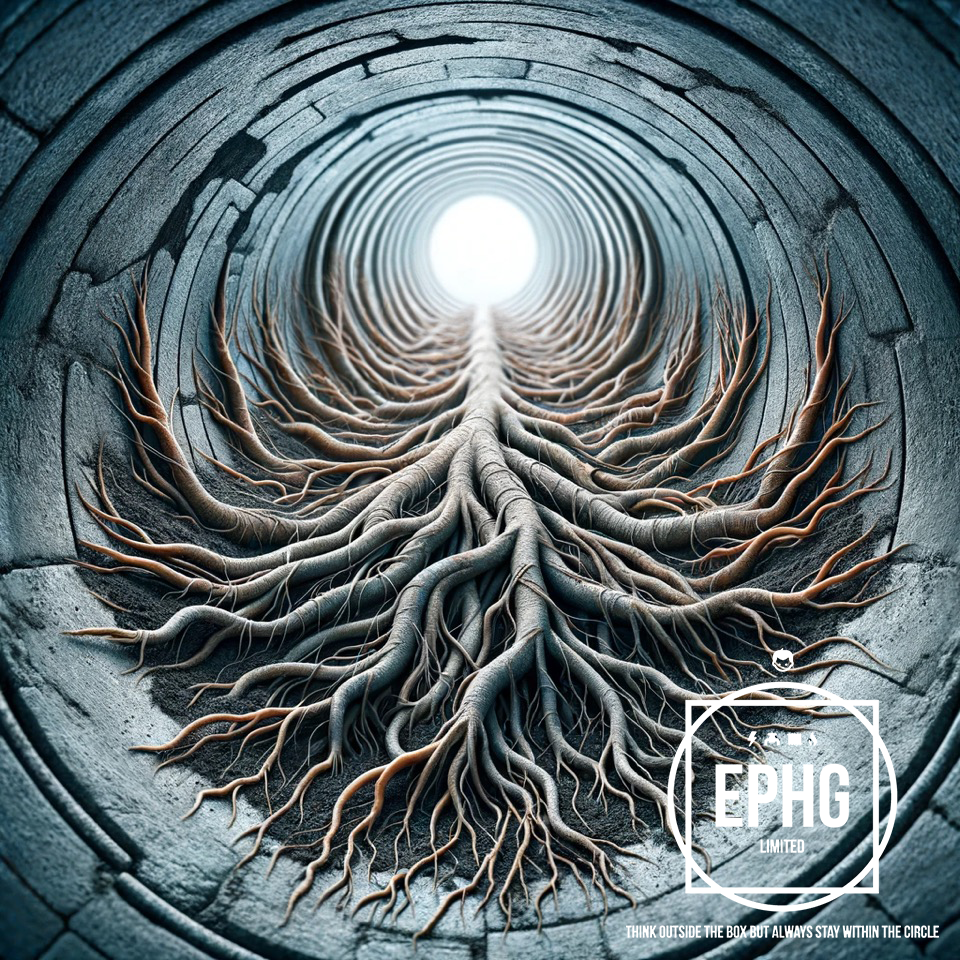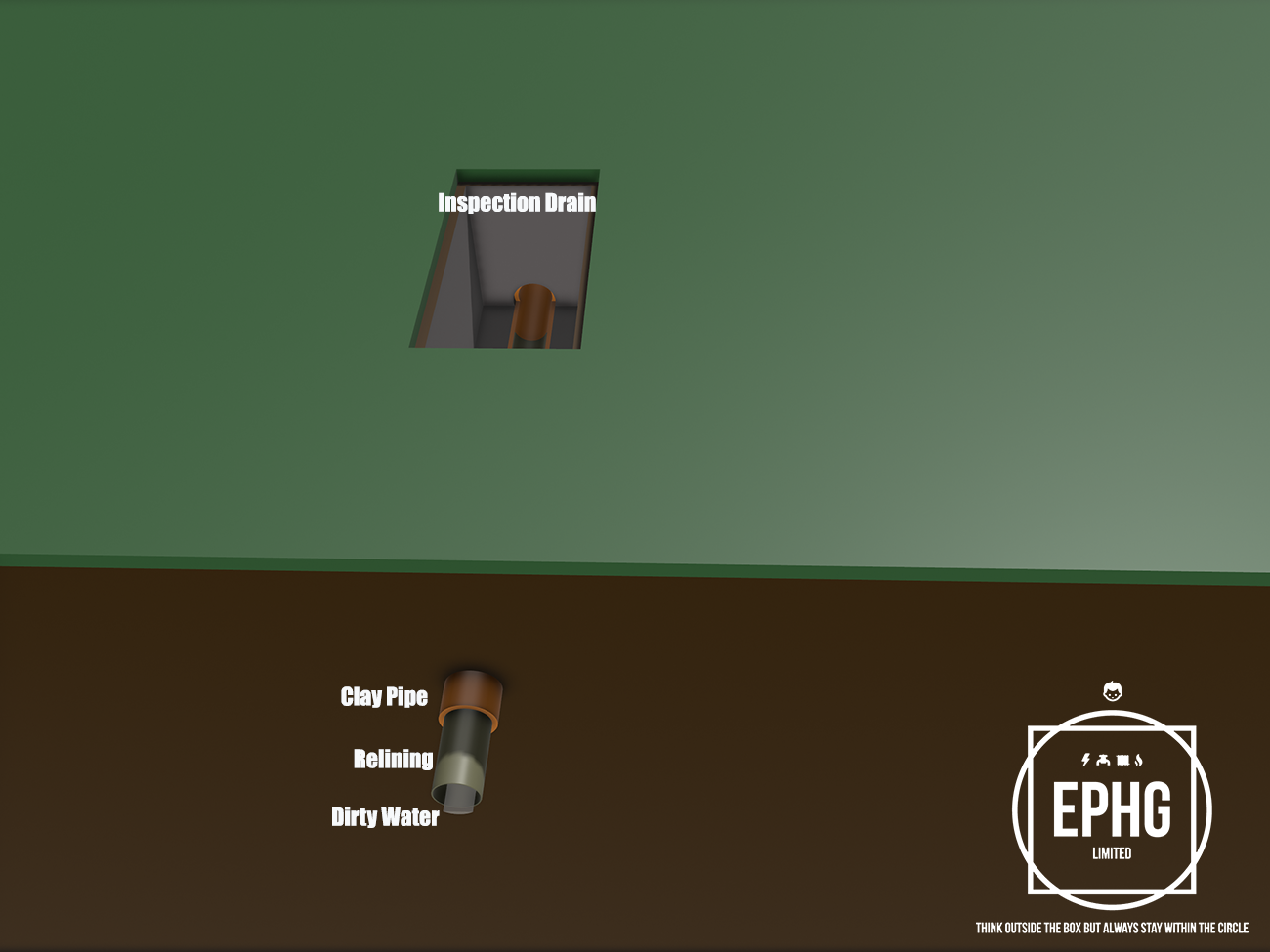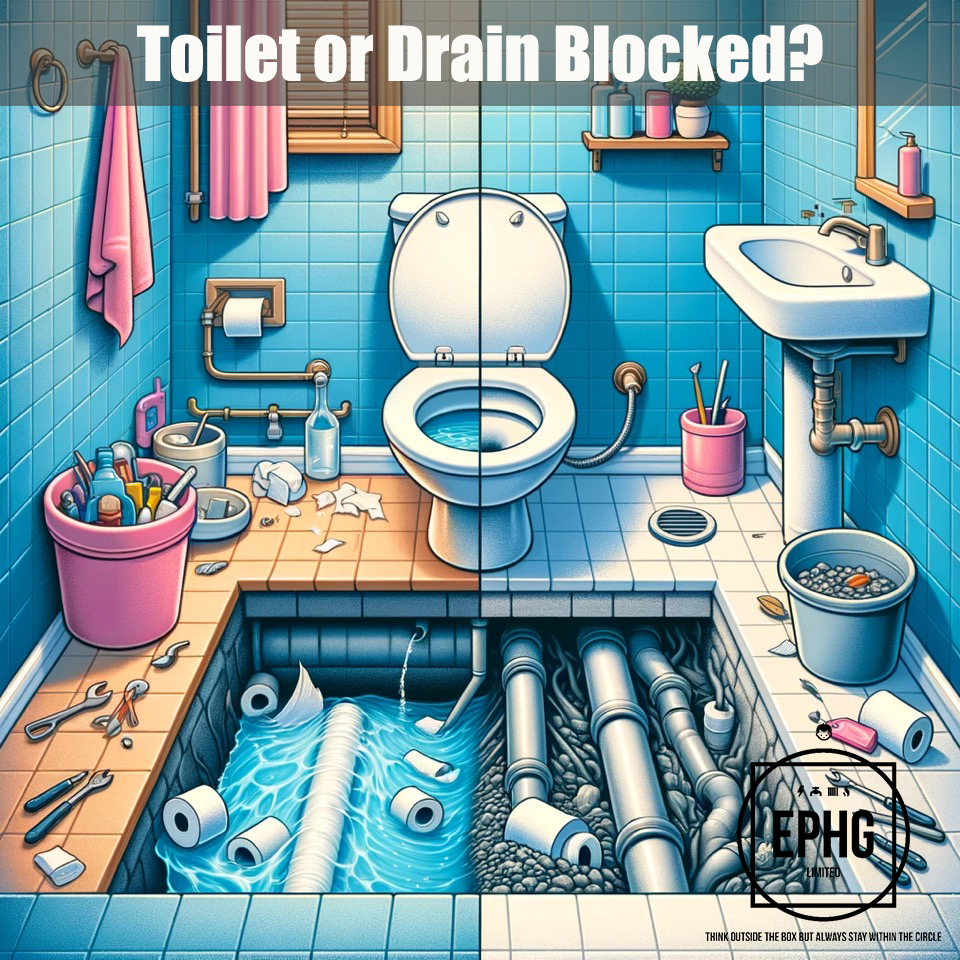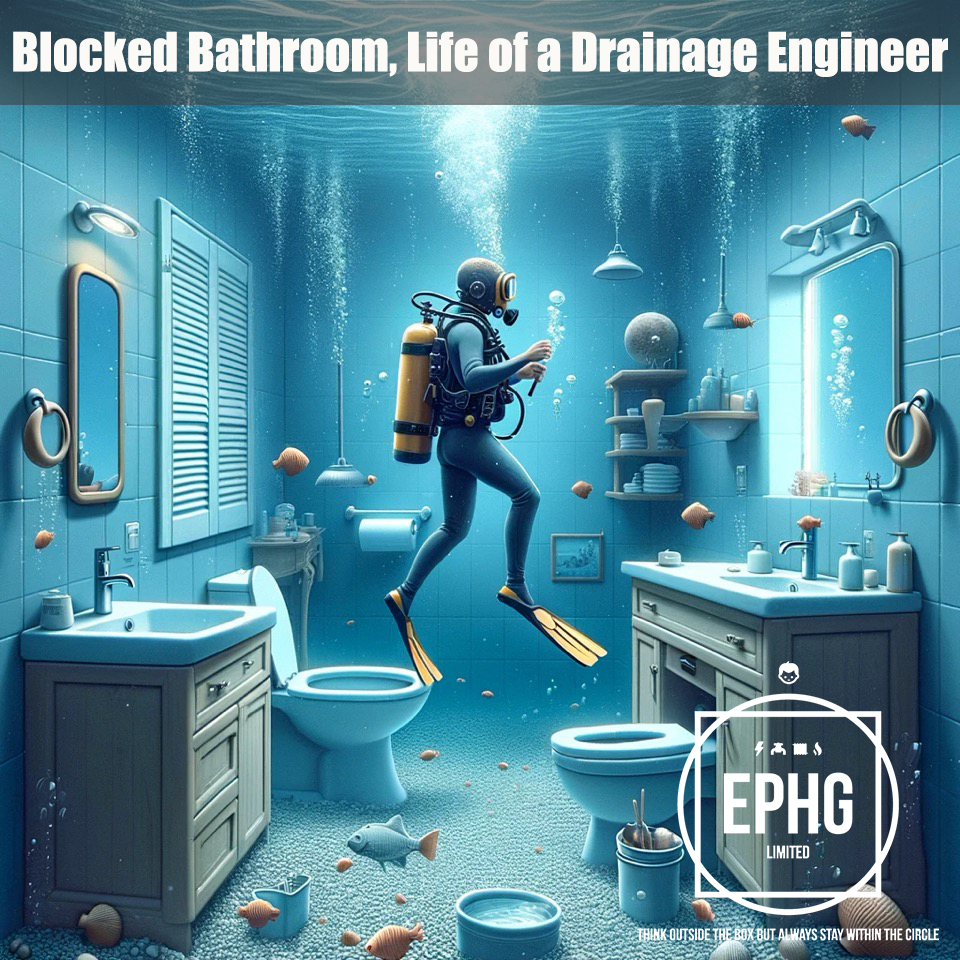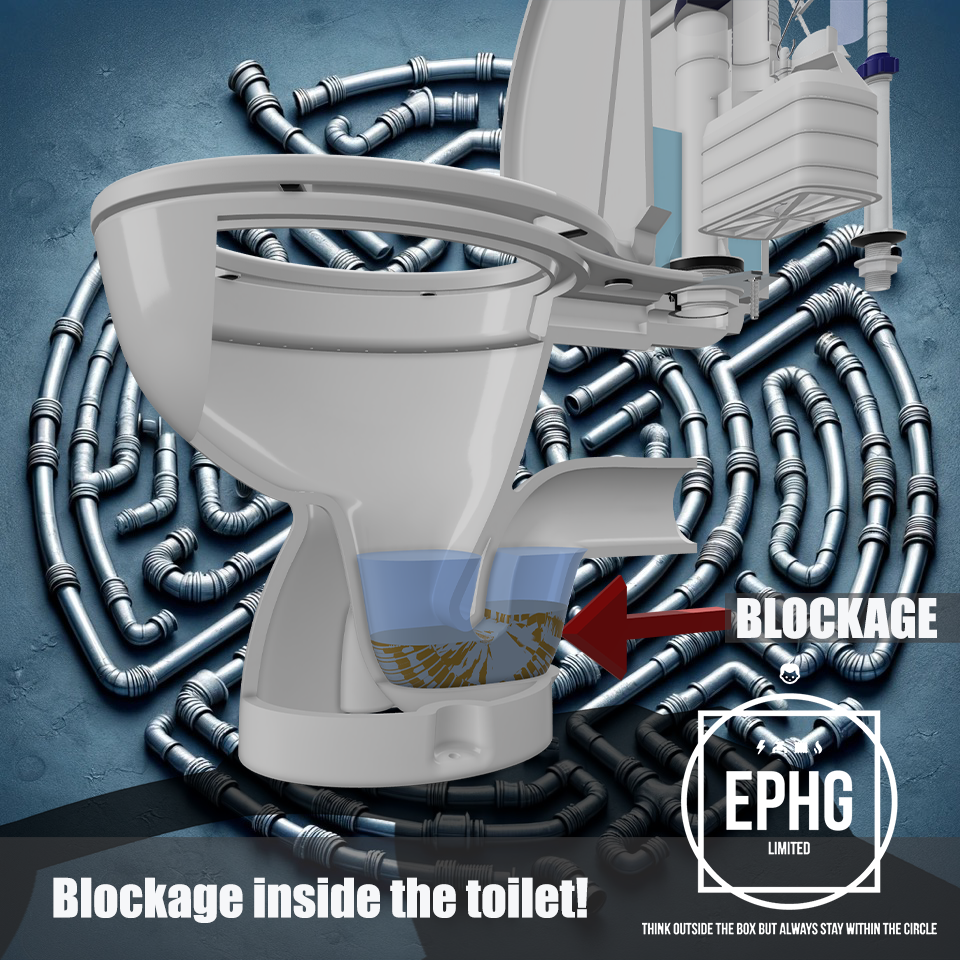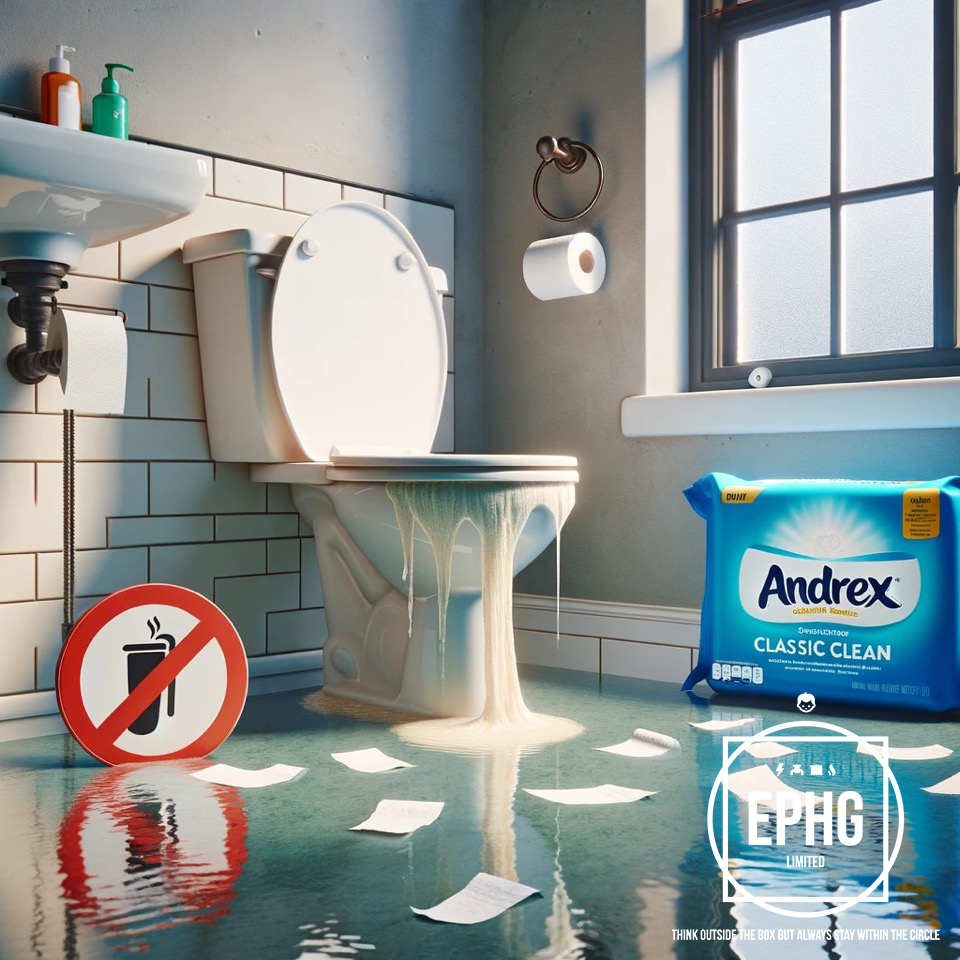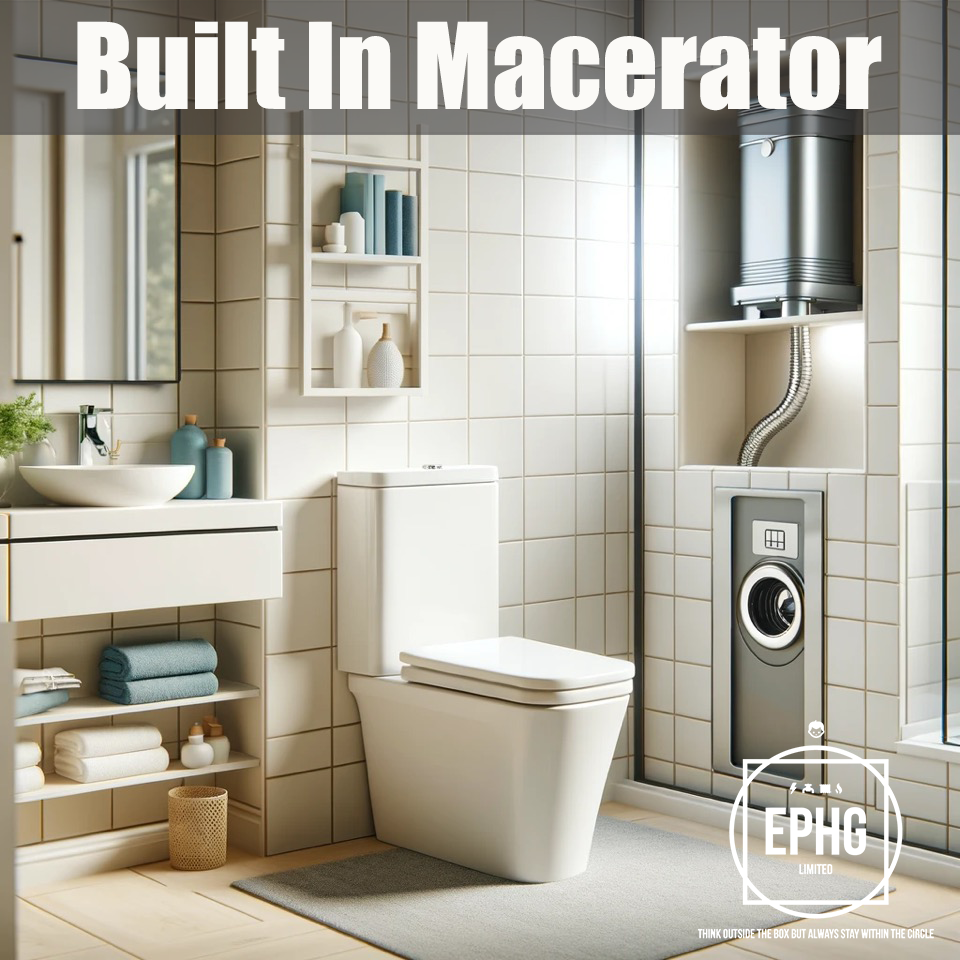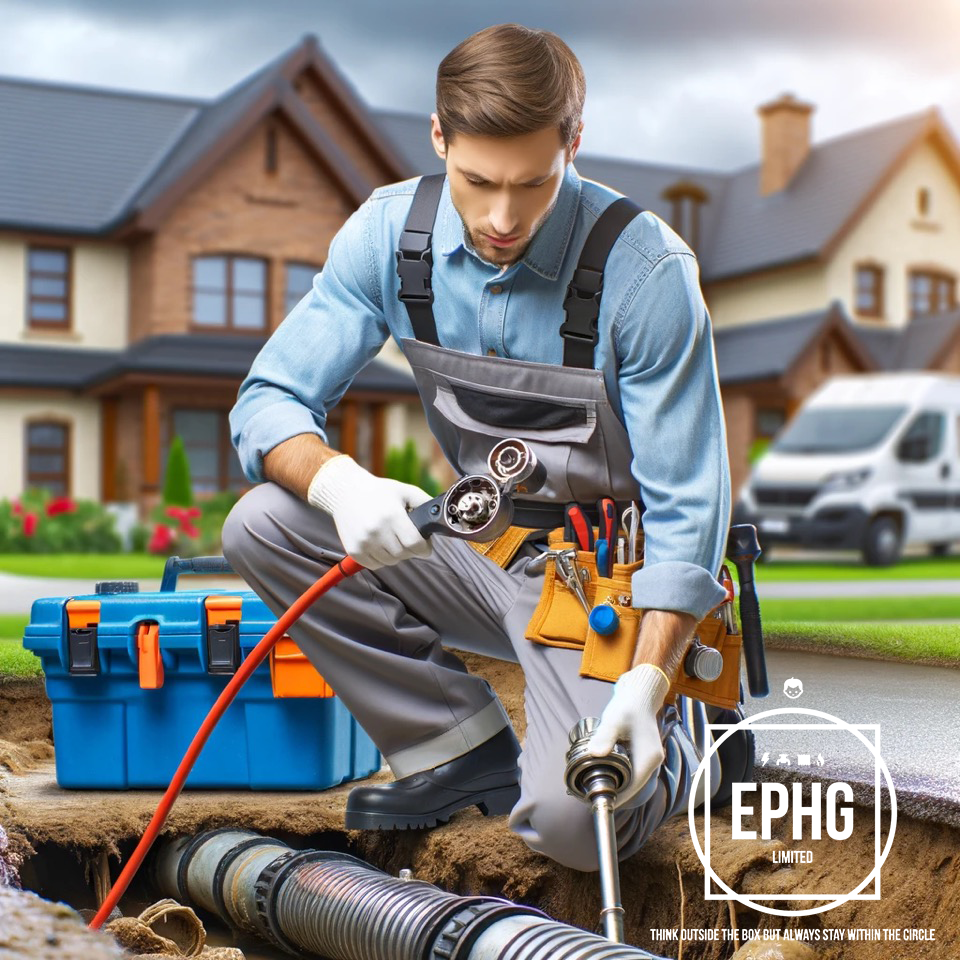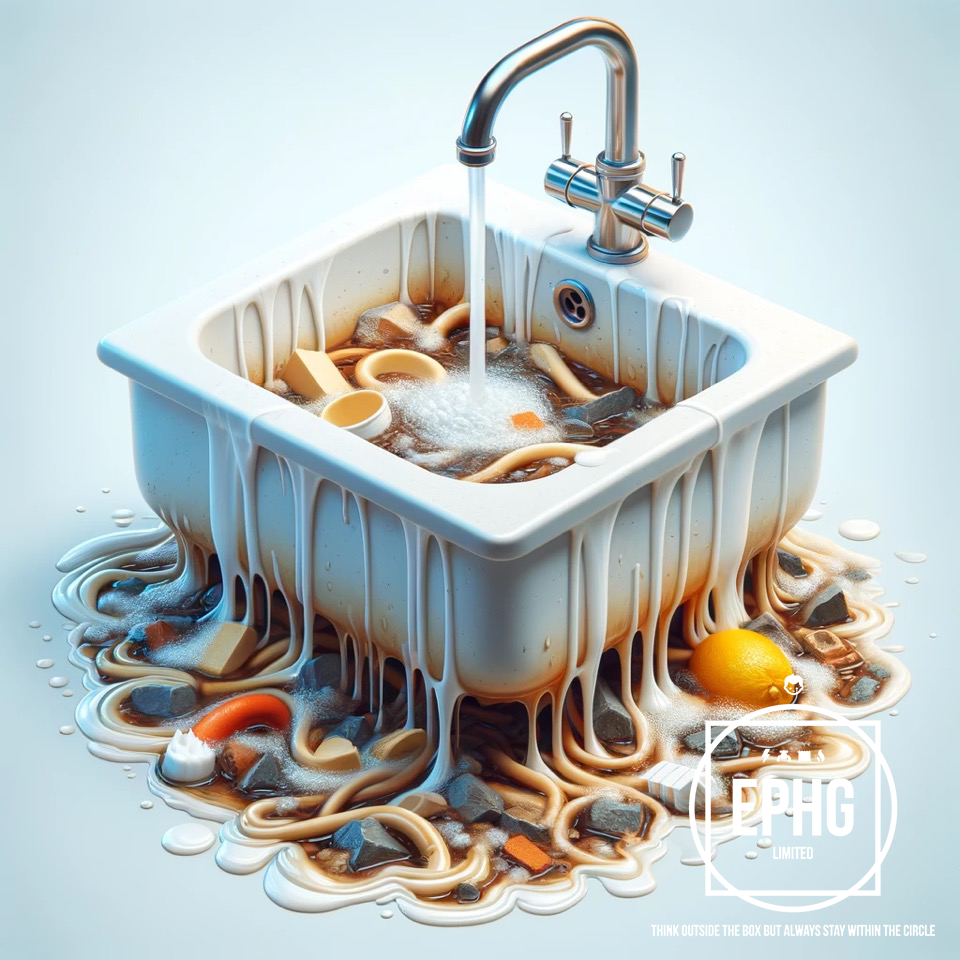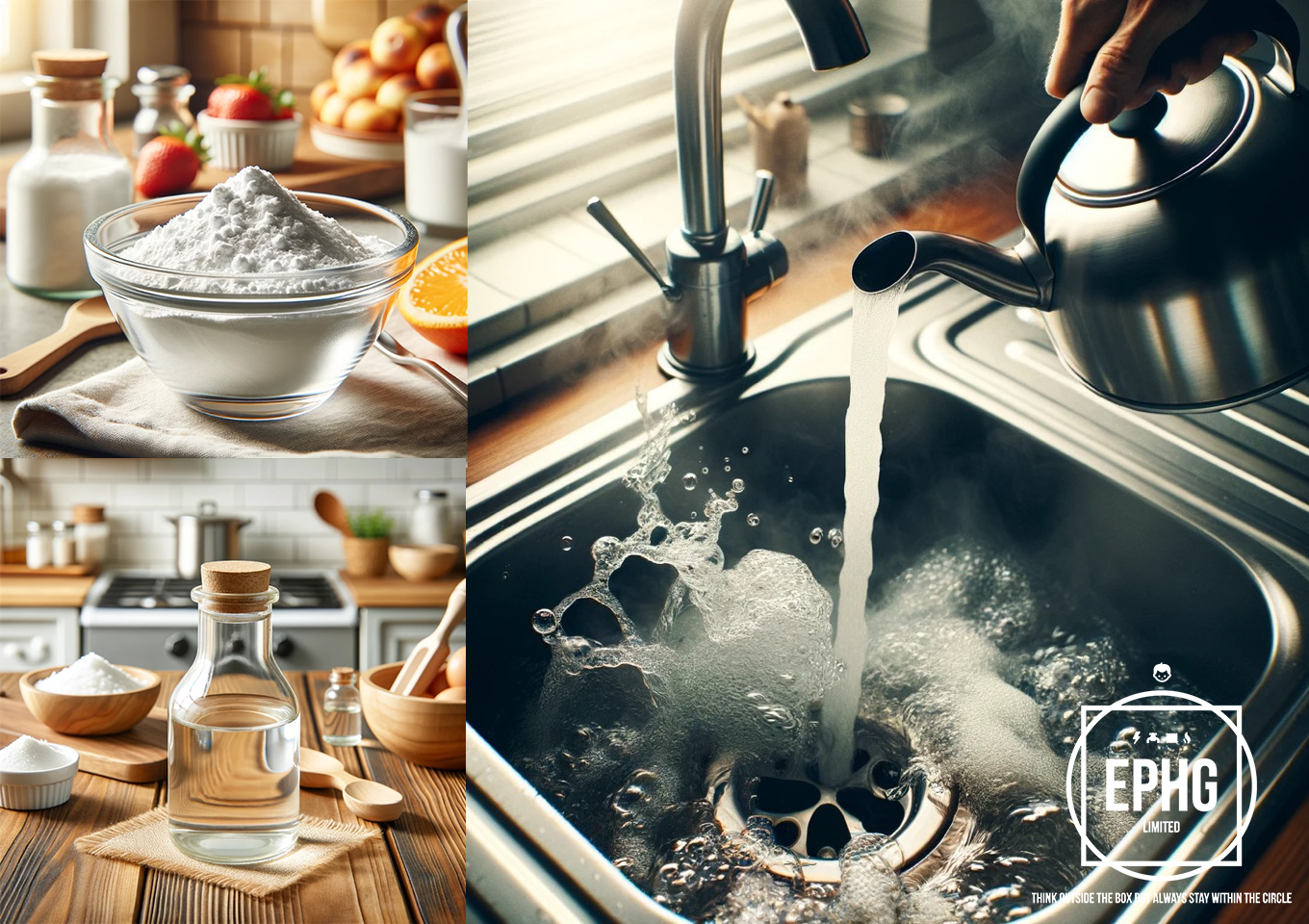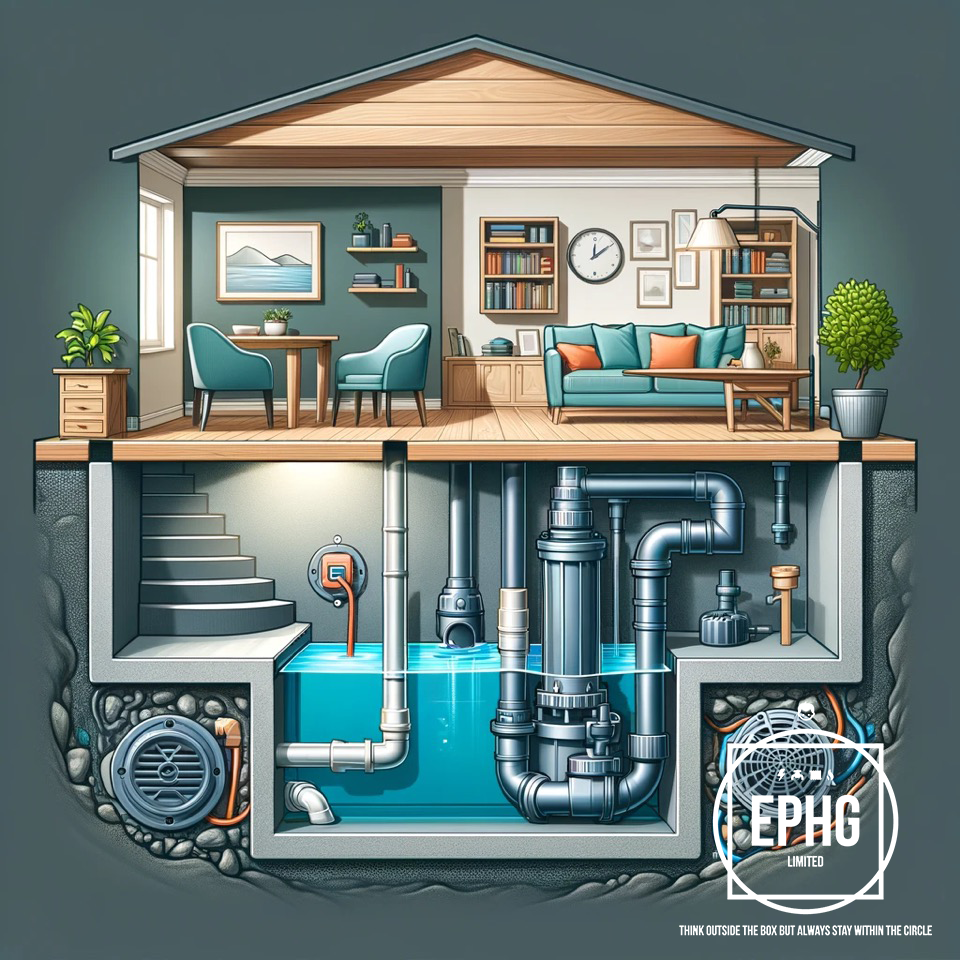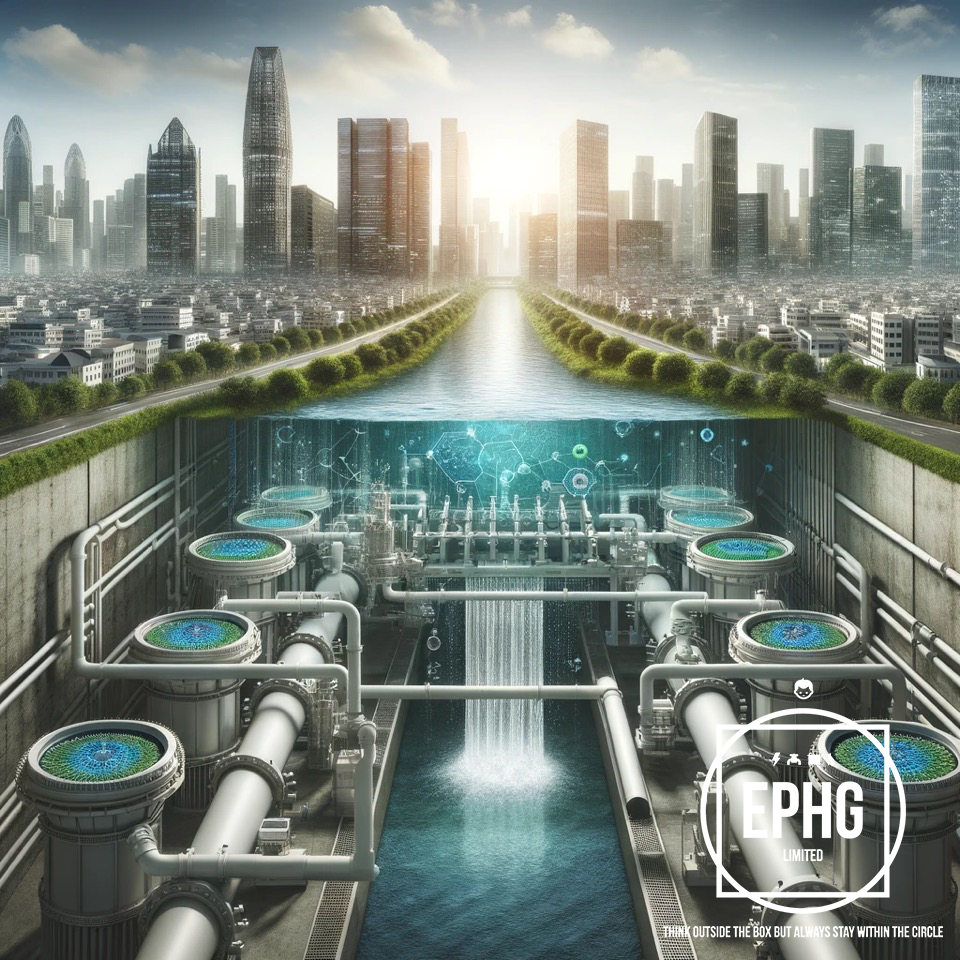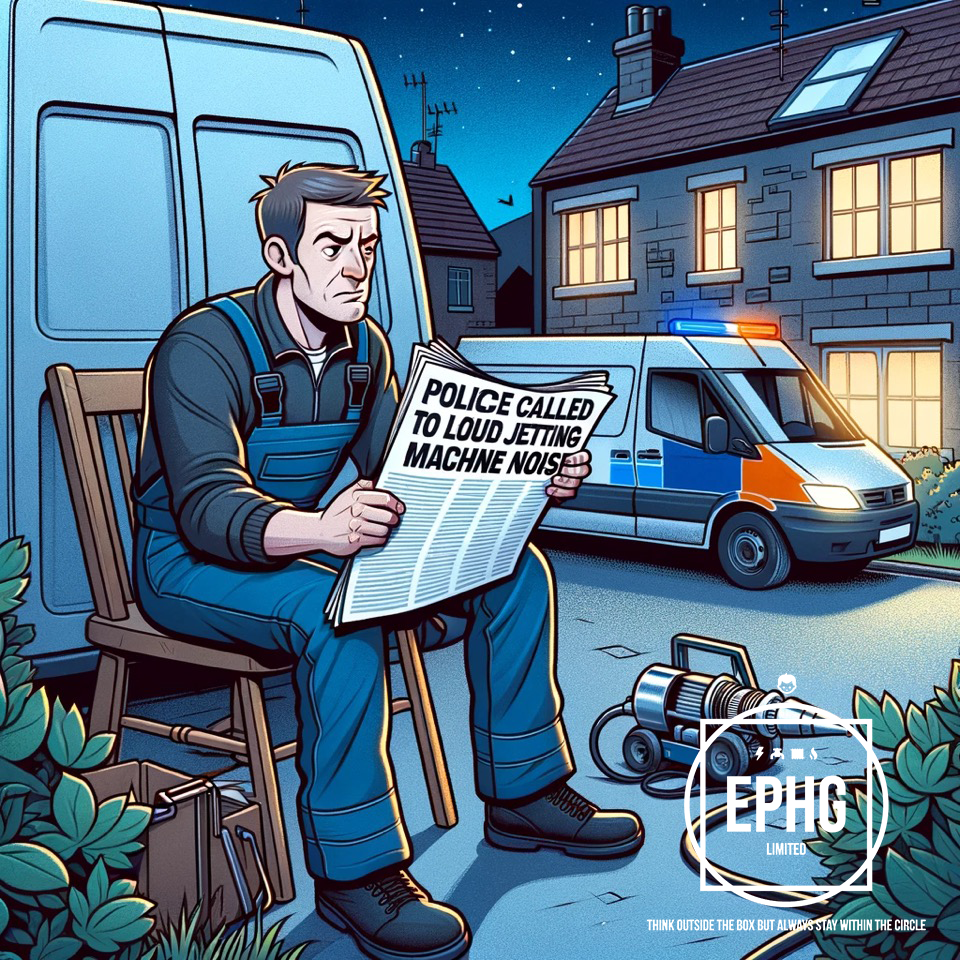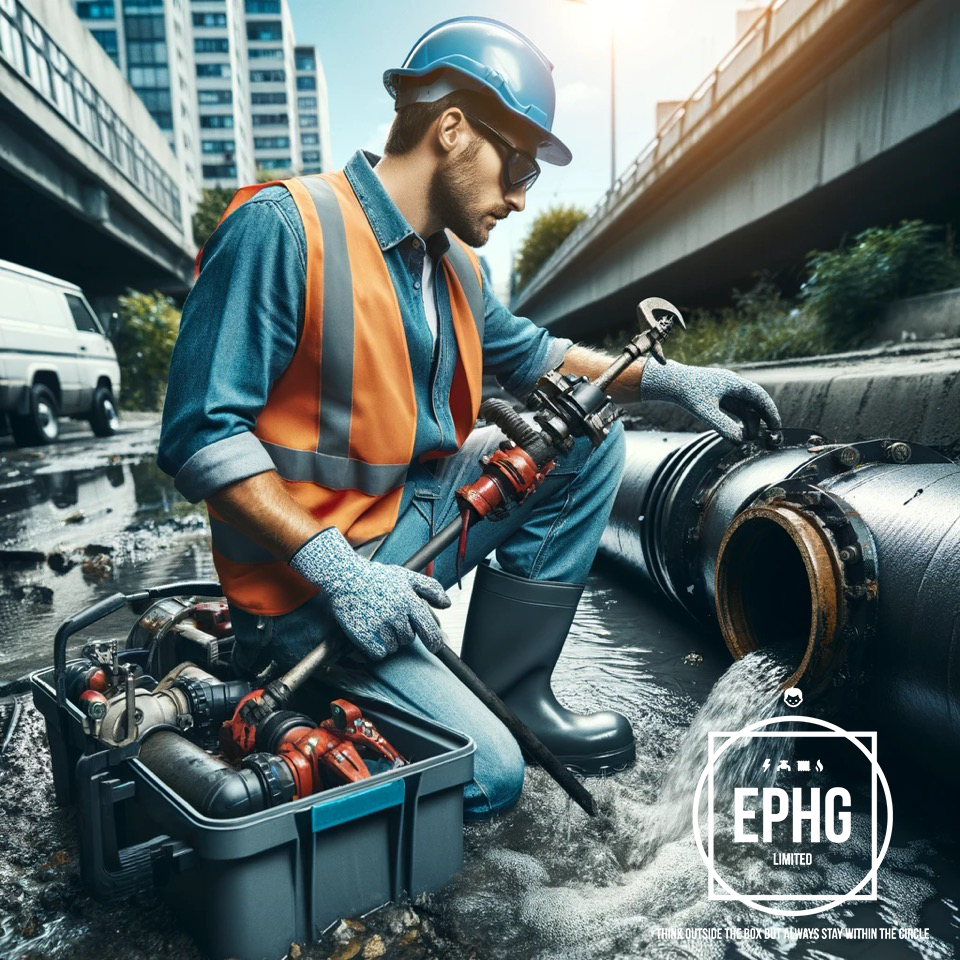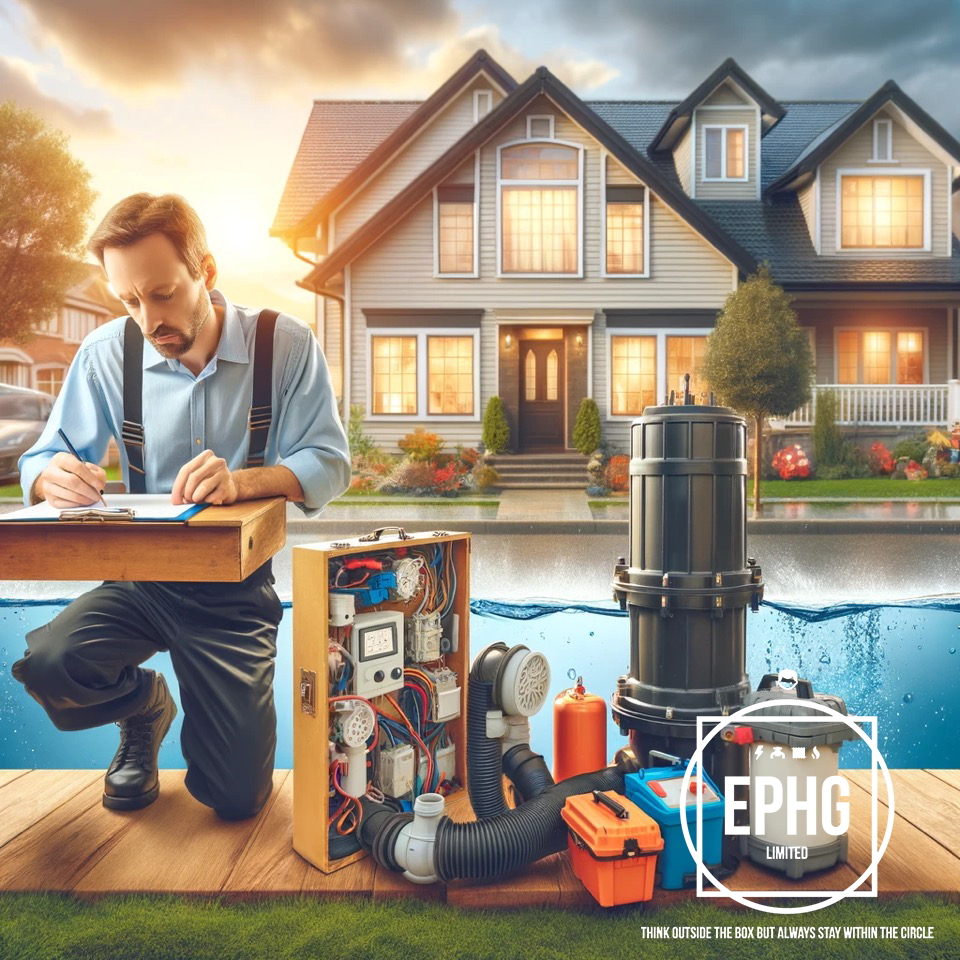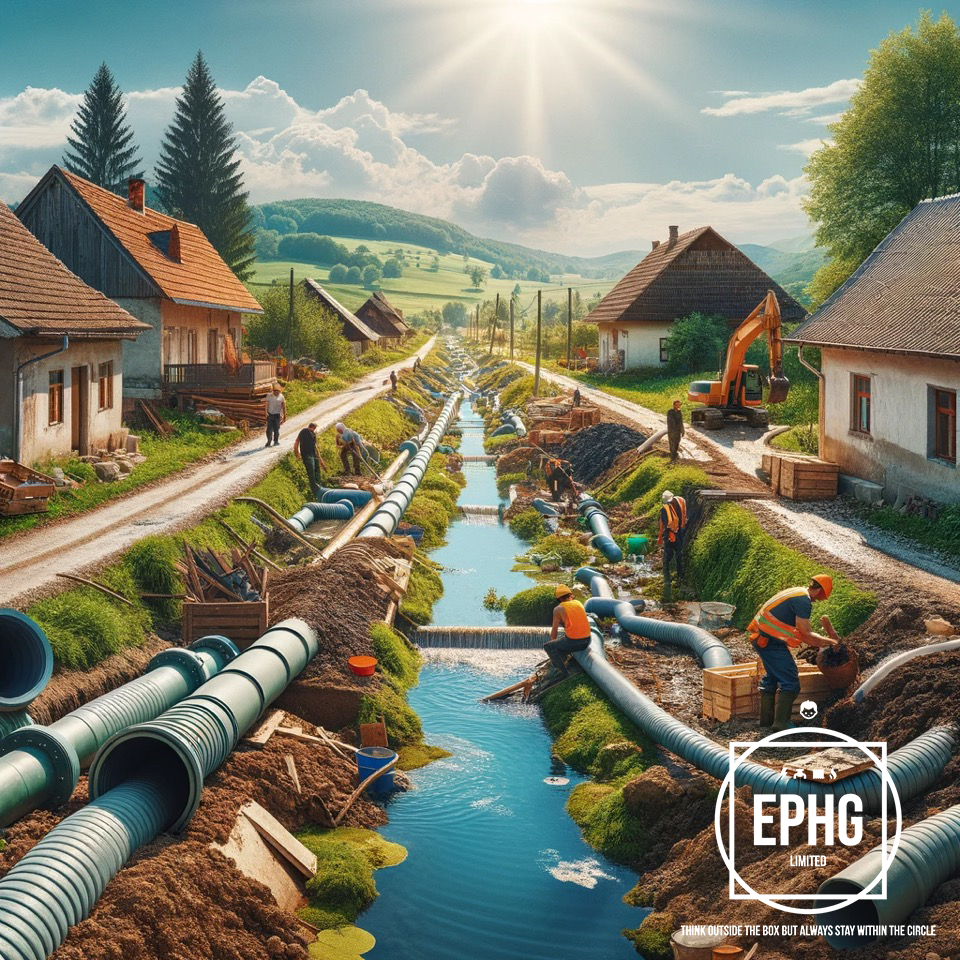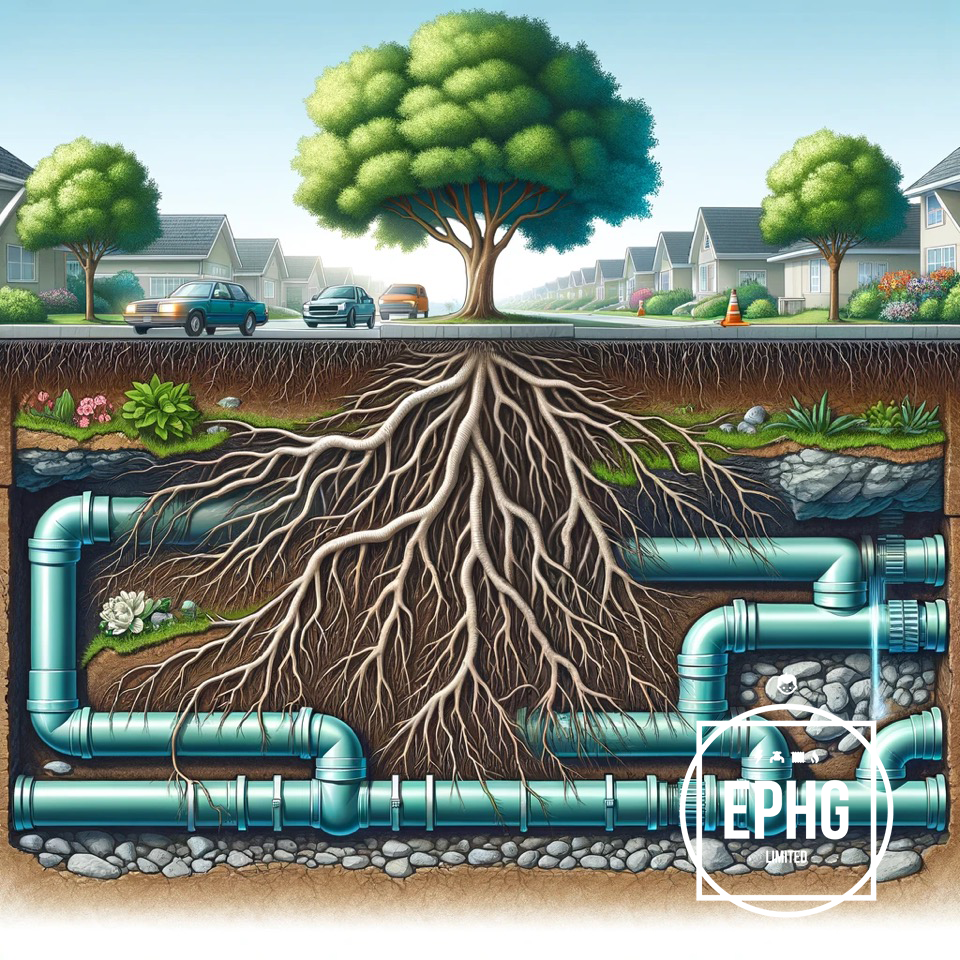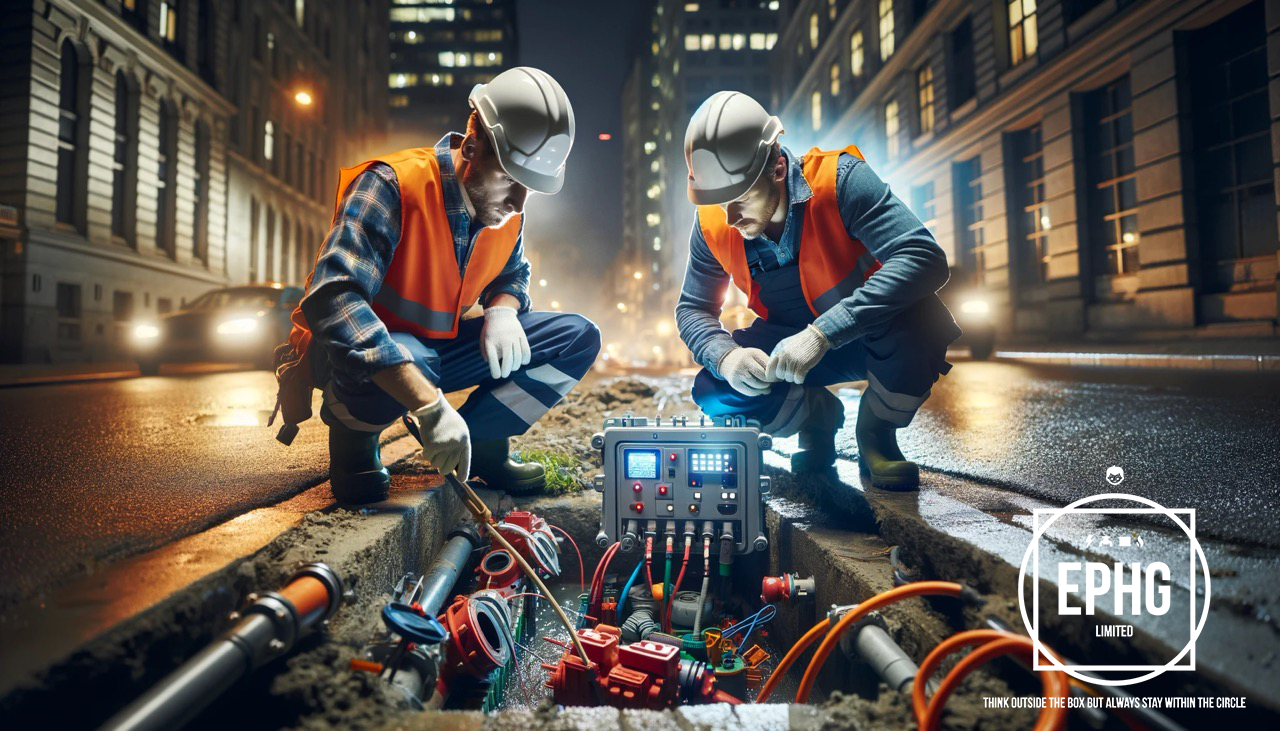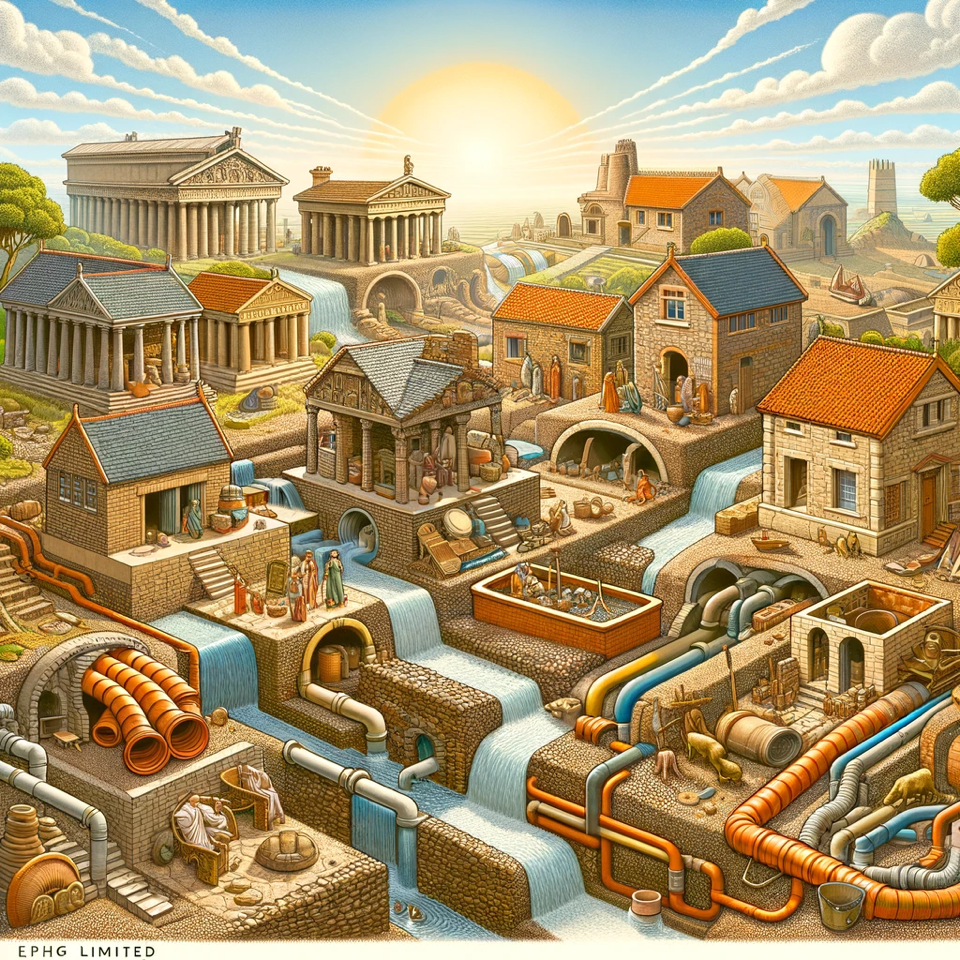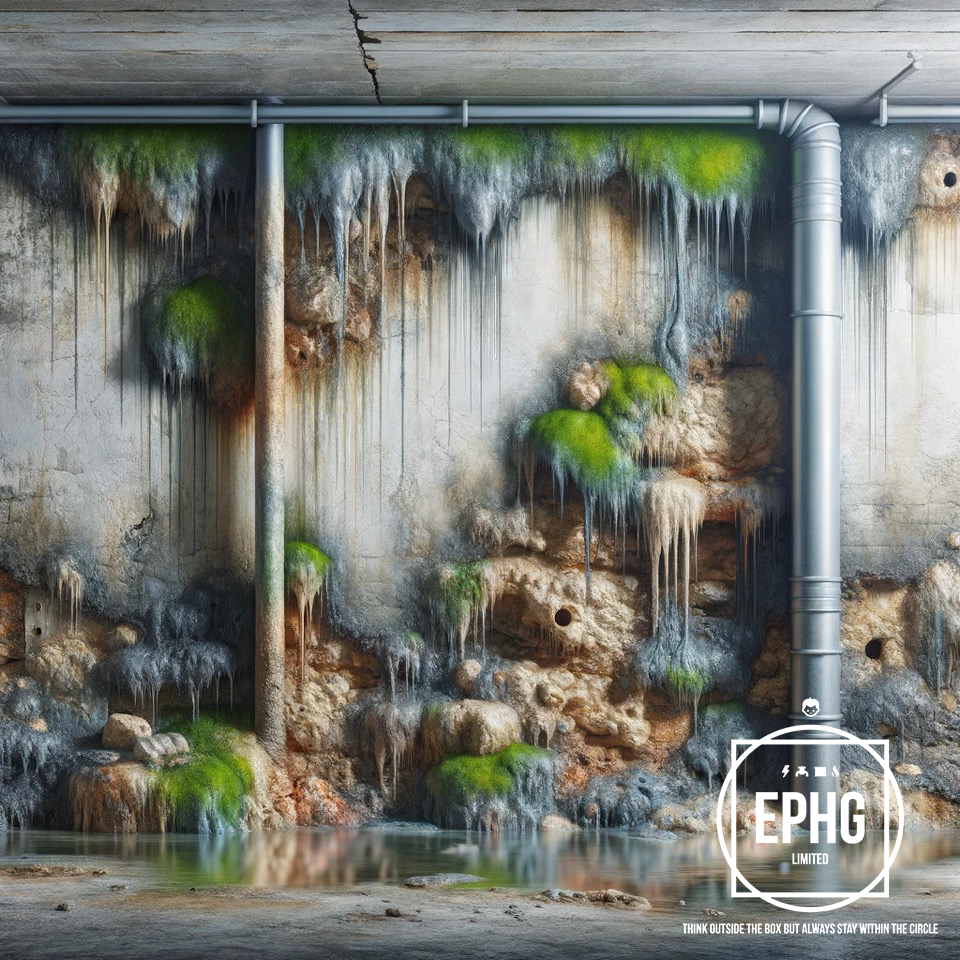
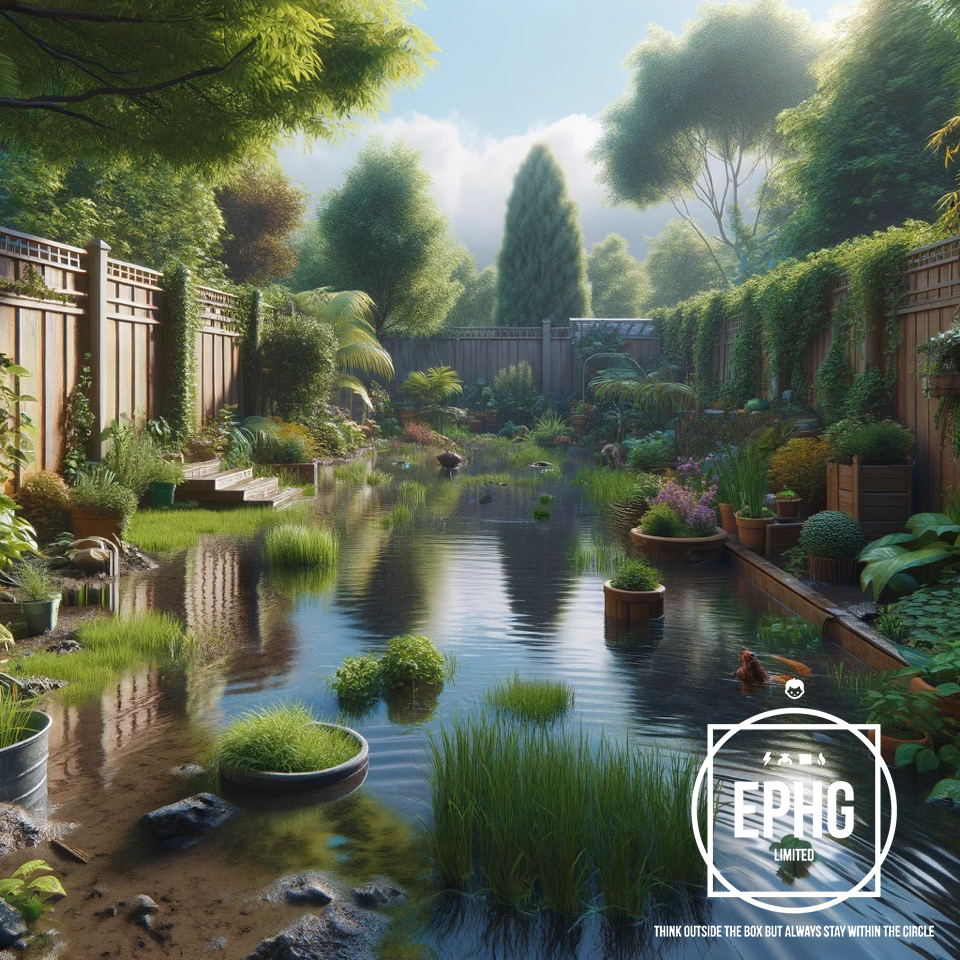
The Hidden Health Risks of Drainage Problems: From DIY to Professional Solutions
Introduction
Homeowners often overlook drainage problems as minor issues, but they can quickly escalate into significant health hazards. From the unsettling odor of rotten eggs to the potential for mold growth, the consequences of neglected drainage can affect your family's health and your home's integrity. In this article, we explore the health risks associated with drainage problems, the science behind the infamous egg smell, and when to call in a professional like an emergency drainage engineer.
The Dangers of Poor Drainage
Drainage issues can manifest in various forms, such as slow-draining sinks, standing water, and damp walls. These symptoms might seem like mere inconveniences, but they can lead to severe health risks including:
- Mold and Mildew Growth: Persistent moisture from leaking or poorly draining pipes creates an ideal environment for mold and mildew. These fungi can trigger respiratory problems, allergies, and other health issues, especially in individuals with asthma or compromised immune systems.
- Insect and Pest Infestations: Stagnant water and sewage backups are breeding grounds for pests like mosquitoes, cockroaches, and rats. These pests can spread diseases and contribute to unhealthy living conditions.
- Structural Damage: Water damage can weaken the structural integrity of your home, leading to costly repairs and unsafe living conditions.
The Science Behind the Egg Smell
One of the most noticeable signs of a drainage problem is the foul odor of rotten eggs. This smell is primarily due to hydrogen sulfide gas, which is produced when bacteria break down organic matter in the absence of oxygen, such as in a blocked sewer line. Not only is the odor unpleasant, but prolonged exposure to hydrogen sulfide can also lead to headaches, dizziness, and other health problems. The question arises: Could the rotten egg smell from my drains be damaging to my health?
DIY Fixes vs. Professional Solutions
While some drainage issues can be resolved with DIY methods, such as using a plunger or chemical drain cleaners, these solutions are often temporary and can sometimes exacerbate the problem. For example, overusing chemical cleaners can damage your pipes and harm the environment.
When to Call a Professional
If you're facing persistent drainage problems or notice the warning signs of a serious issue, it's time to call in an emergency drainage engineer. These professionals can diagnose the root cause of the problem, whether it's a simple blockage or a more complex issue like broken pipes or an improperly installed drainage system. They have the tools and expertise to fix the problem safely and effectively, preventing further health risks and damage to your home.
Conclusion
Drainage problems are more than just a nuisance; they pose real health risks to you and your family. From the immediate discomfort of foul odors to the long-term dangers of mold and structural damage, it's crucial to address these issues promptly. While some minor problems can be tackled with DIY methods, don't hesitate to seek professional help for complex or persistent drainage issues. By understanding the risks and knowing when to call in an emergency drainage engineer, you can protect your health and ensure your home remains a safe and comfortable place to live.
